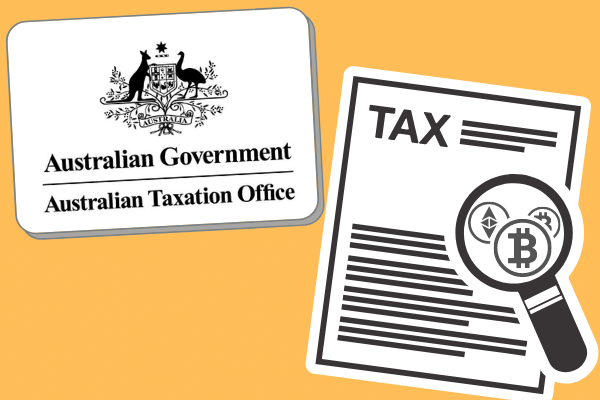The cryptocurrency sector expressed its disappointment on Wednesday with Australia’s decision to keep classifying cryptocurrencies as assets for tax purposes rather than foreign currency.
In its budget announcement on Tuesday, the government stated that it would submit laws to formalise the classification of virtual currencies like Bitcoin as assets.
This implies that when investors sell cryptocurrency through exchanges or engage in digital asset trading, they must pay capital gains tax on their profit.
The legislation eliminates any ambiguity that followed El Salvador’s decision to declare Bitcoin legal cash in September of last year, according to the Australian government’s budget announcement.
However, Australia said that central bank digital currency (CBDC), or digital currency issued by the government, would be treated as foreign money.
Approximately 90% of the central banks throughout the globe are currently utilising, testing, or researching CBDCs. The majority are attempting to avoid falling behind Bitcoin and other cryptocurrencies but are having trouble due to technological challenges.
The budget revision, according to founder of blockchain consulting firm Soulbis Mitchell Travers, is ambiguous and seems to be at odds with government research into the sustainability of a CBDC.
It would be ill advised for the government to really take an enforcement approach to the taxation of crypto assets in its early stages, especially considering the fact that the Treasury is also investing in trying to migrate the traditional technology systems that back our financial system over towards digital assets.
Mitchell Travers
“It would be an ironic dichotomy if they were to enforce the taxation of digital assets and then launch their own CBDC without clear definitions of what token equals what tax treatment,” said Travers.
The Treasury announced in August that it will prioritise “token mapping” work, which would help determine how crypto assets and related services should be controlled. The Australian crypto industry is mainly unregulated.
The sharp decline in cryptocurrency values caused El Salvador, which made Bitcoin legal tender last year, to suffer significant economic losses.



